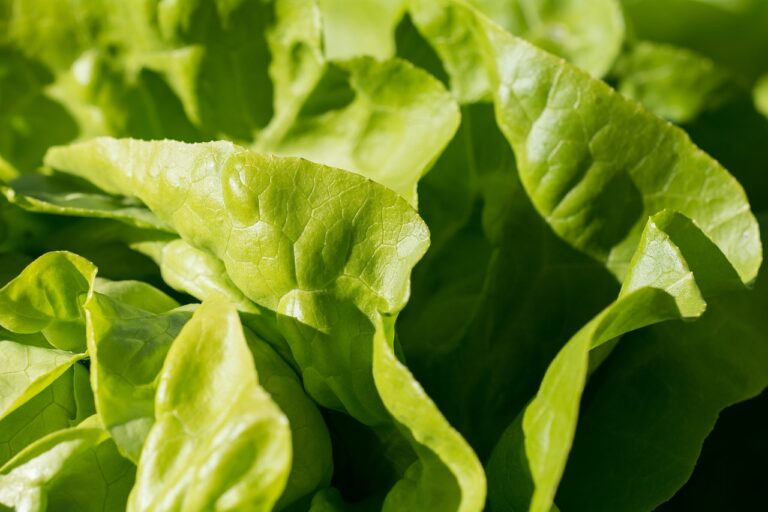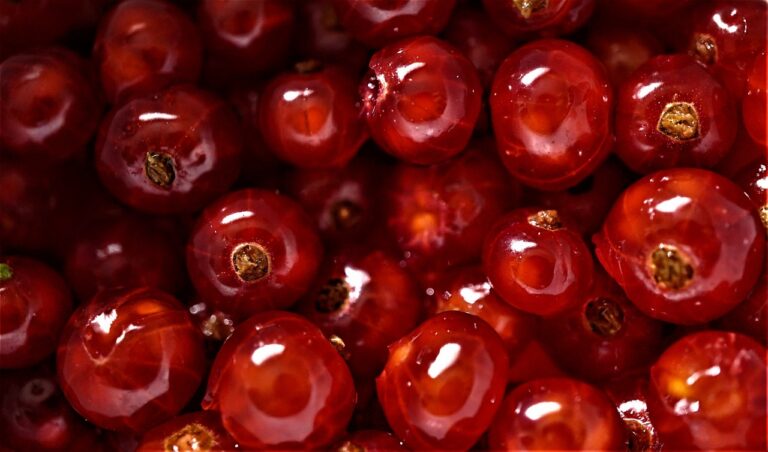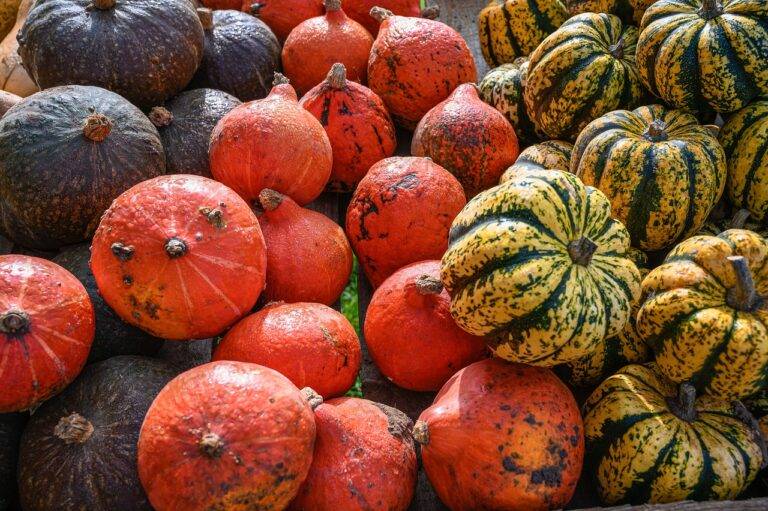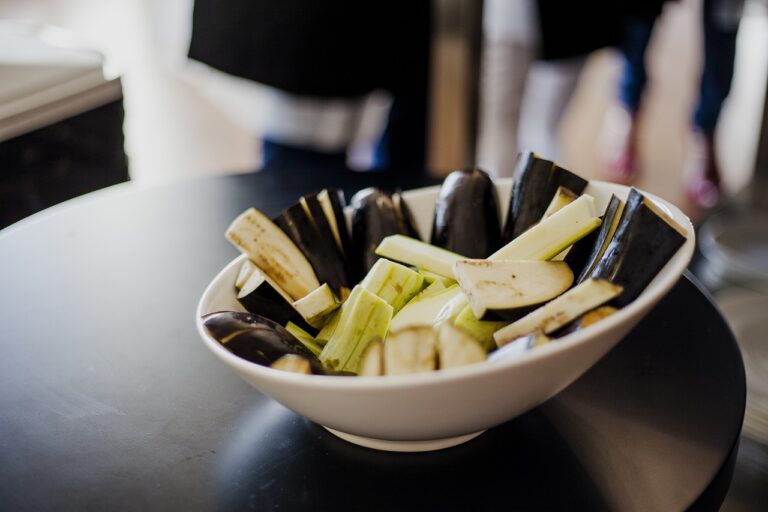Fermented Foods and Community Building: Fostering Connections Through Shared Meals
11xplay, tigerexch247 login, booki bet: Fermented Foods and Community Building: Fostering Connections Through Shared Meals
Have you ever noticed how a shared meal has the power to bring people together? It’s a universal experience that transcends language barriers and cultural differences. In today’s fast-paced world, where technology often replaces face-to-face interaction, the act of sitting down and enjoying a meal with others can create a sense of community and connection like no other.
One way to enhance this sense of community is by incorporating fermented foods into our meals. Fermented foods have been a staple in many cultures for centuries, prized for their unique flavors and health benefits. From sauerkraut to kimchi to kombucha, these foods are not only delicious but also rich in probiotics that promote gut health and overall well-being.
But beyond their nutritional value, fermented foods can also serve as a catalyst for building connections within a community. Here’s how:
1. Breaking Bread Together: There’s something special about sharing a meal with others. It’s an opportunity to bond, to catch up, and to simply enjoy each other’s company. Adding fermented foods to the menu can spark conversations about food, health, and culture, creating a shared experience that can deepen relationships.
2. Learning From Each Other: Fermented foods come in a variety of flavors and textures, each unique to the culture that produces them. By incorporating these foods into communal meals, we can learn more about different culinary traditions and the stories behind them. This sharing of knowledge can foster a greater appreciation for diversity and open our minds to new experiences.
3. Supporting Local Farmers and Producers: Many fermented foods are made using traditional methods passed down through generations. By including these foods in our meals, we can support local farmers and producers who are keeping these artisanal techniques alive. This not only helps to preserve cultural heritage but also strengthens the local economy and food system.
4. Encouraging Sustainability: Fermented foods are often made using simple ingredients and minimal processing, making them a sustainable choice for both our health and the environment. By promoting the consumption of these foods within our community, we can encourage a more mindful approach to food production and consumption, leading to a healthier planet for future generations.
5. Building Resilience: Fermented foods have long been valued for their ability to preserve perishable ingredients and extend the shelf life of foods. By teaching others how to make and incorporate these foods into their diets, we can empower our community to become more self-sufficient and resilient in the face of food shortages or disruptions.
6. Celebrating Food and Culture: Food is not just sustenance; it is a reflection of who we are and where we come from. By sharing fermented foods with others, we can celebrate the rich tapestry of cultures that make up our community. This act of sharing can help to bridge divides and foster a sense of unity and belonging among diverse groups of people.
In conclusion, fermented foods have the power to bring people together, nourish our bodies, and celebrate our shared humanity. By incorporating these foods into our meals and sharing them with others, we can strengthen the bonds that connect us and create a more vibrant and resilient community. So why not invite your friends and family over for a fermented feast and see where the conversation takes you?
FAQs
Q: What are some popular fermented foods?
A: Some popular fermented foods include sauerkraut, kimchi, kombucha, kefir, yogurt, miso, and tempeh.
Q: How can I incorporate fermented foods into my diet?
A: You can enjoy fermented foods on their own or as part of a meal. Try adding sauerkraut to a sandwich, kimchi to a stir-fry, or yogurt to a smoothie for a tasty and nutritious boost.
Q: Are fermented foods safe to eat?
A: When prepared and stored properly, fermented foods are safe to eat and can provide numerous health benefits. Be sure to follow recipes and guidelines for fermenting foods at home to ensure their safety.
Q: Can fermented foods help improve gut health?
A: Yes, fermented foods are rich in probiotics, which are beneficial bacteria that can help improve gut health and digestion. Adding fermented foods to your diet can support a healthy balance of gut bacteria and promote overall well-being.







